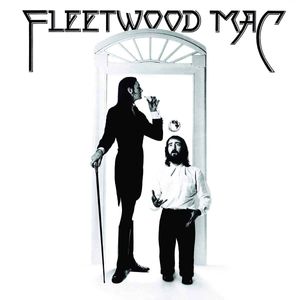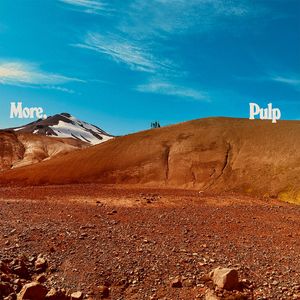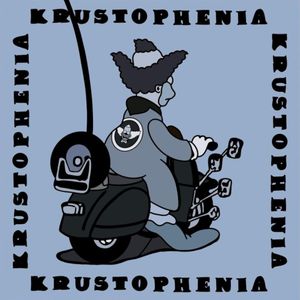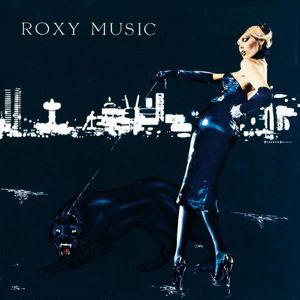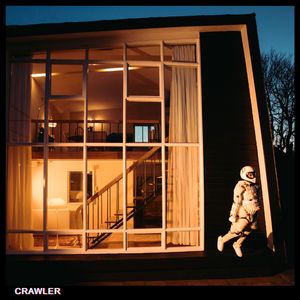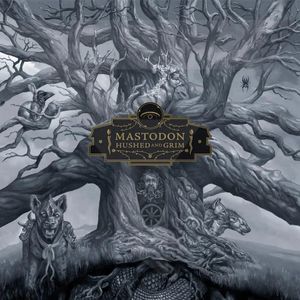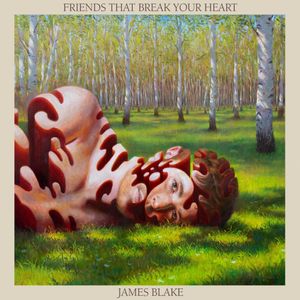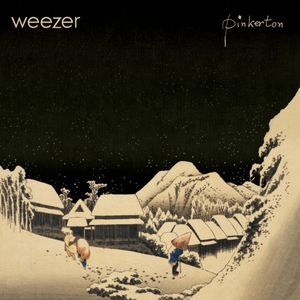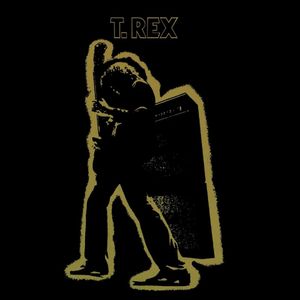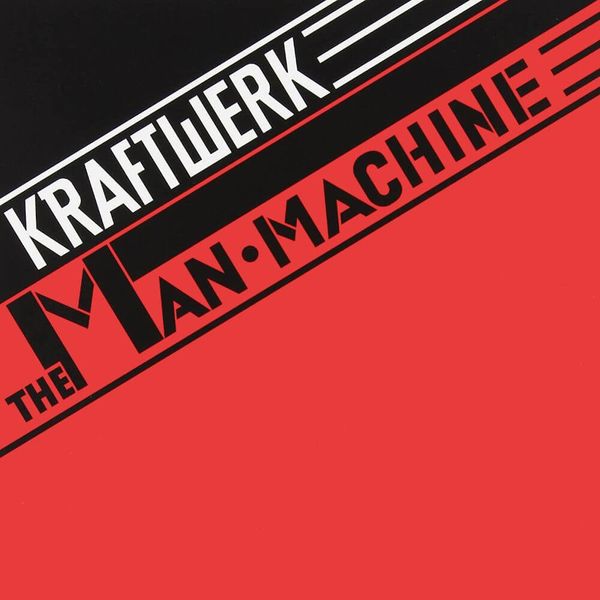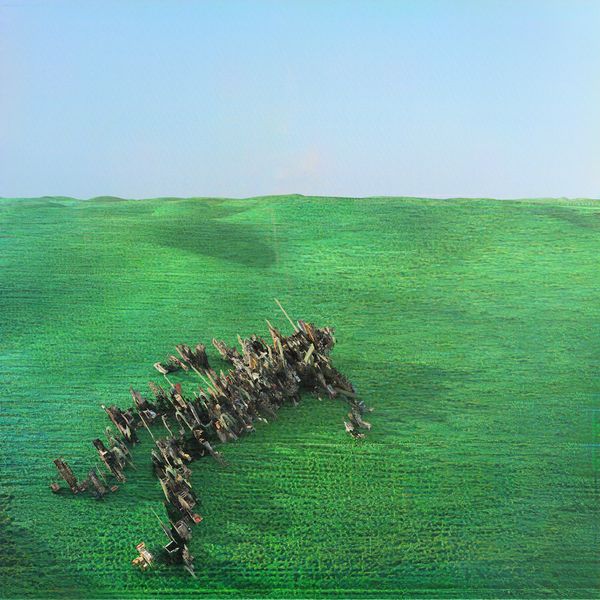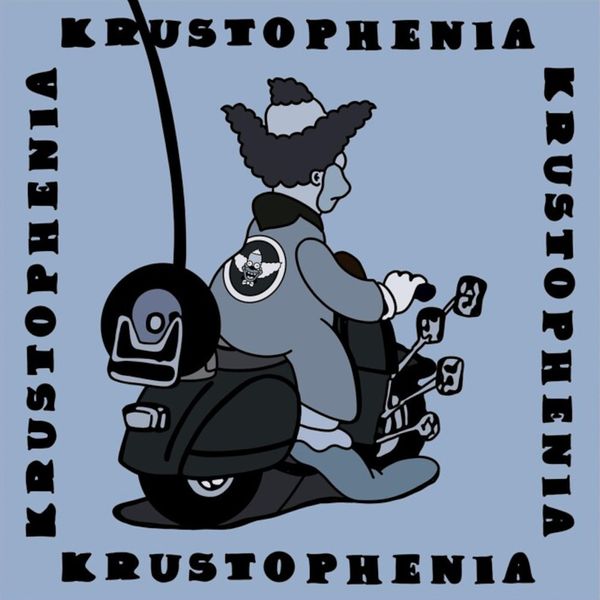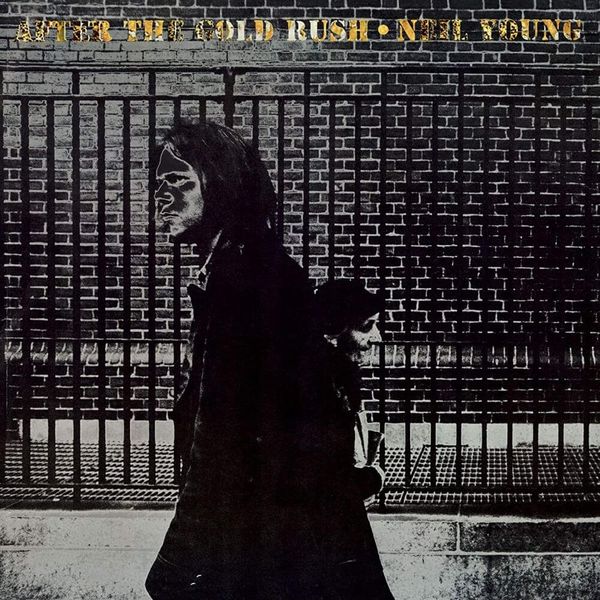Tago Mago
Can
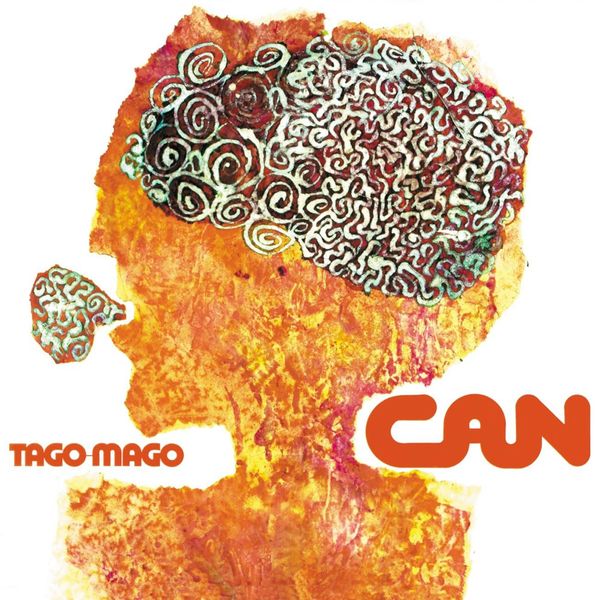

Essential Tracks
- Halleluwah
- Mushroom
Favourite Tracks
- Oh Yeah
André
Rarely do you hear rock music as expressive as Tago Mago. Can’s second studio album, and their first with legendary vocalist Damo Suzuki, celebrates its 50th anniversary this month. It says a lot about the record that, half a century later, listeners are still drawing inspiration from its unrestricted ethos.
In the time since Tago Mago’s release we’ve heard its influence on some of contemporary’s music most cherished artists. It’s hard to imagine Bowie’s Berlin Trilogy taking the same shape without the clout of Can, likewise Radiohead and their numerous exploratory detours. And yet, nothing sounds quite like Tago Mago, in all its woozy weirdness. It strikes me as an anomaly for its time, and it remains exactly that today.
The songs on Tago Mago are too loose to garner immediate emotional attachment. Instead, they thrive in different circumstances for every listener. The hypnotising nature of “Oh Yeah” makes it a perfect fit for house parties, bound to provoke a situation of sensuality, particularly after the added assistance of narcotics. Conversely, one can get thoroughly lost in the music on a night-time drive, accompanied only by luminous street-lights and nocturnal ambience. This is a more descriptive way of saying the music on Tago Mago is cool as fuck, basically. I’m not much of a dancer, but I am a passionate head-bopper, and once the groove gets fully locked in on “Halleluhwah”, I’m like a man possessed.
The second side of Tago Mago goes in a different direction. The beats are there, just slightly disjointed, and separated by avant-garde segments of noise, generated by using tape editing techniques. This was novel at the time, but I suppose for some modern day listeners “Aumgn” and “Peking O” will probably prove testing (not helped by the lengthy running times). For all the experimentation, however, Tago Mago never bores. Suzuki muttering gibberish in such an outlandish and chaotic way can never not be entertaining. I’m almost certain Homer Simpson drew some inspiration there. So, in a roundabout way, Homer Simpson was influenced by Stockhausen. Something to think about, I think.
Tago Mago was a pioneering record and it remains a spellbinding experience. For all the years of krautrock-inspired music that has followed, nothing has sounded quite like it. Admittedly, I return to the first side far more than the second, but sometimes it’s nice to lose yourself in the irresistible grooves without having to sacrifice your soul to nightmarish demons afterwards. I appreciate the forward-thinking ethos all the same, and rock music has benefitted hugely from 50 years of Tago Mago. It can be a magical ride that results in life-changing enlightenment, or the worst trip you’ve ever had. I’d say it’s a risk worth taking.
Favourite tracks //
- Oh Yeah
- Halleluwah
- Mushroom
Fred
Tago Mago really does run the gauntlet, listening like an all-night jam at an impossibly cool bohemian gettogether. It’s funky, relaxed, audacious, and oftentimes quite exhausting. If there was ever an album drenched in sweat and speaking in tongues, it’s this one. At half a century old it can still party with the best of them.
The album is well known for its influence on contemporary music, which is probably why it feels like a bridge between worlds. There is plenty of smokey ‘60s psychedelia on show, as well as progressive rock sensibilities akin to Can contemporaries like Pink Floyd. There are also drum machines and synthesisers and streams of consciousness. I say ‘streams’ but ‘rapids’ may be closer to the mark. Later tracks are like entering a twilight zone of muttery, stuttery krautrock. It’s just terrific.
I do enjoy Tago Mago more as a jam than as an album. The early tracks are incredibly groovy, and the latter ones are a buzz when you’re in the right frame of mind (read: teetering on the brink of madness). Listening to it all in one go can be a mind bender, but then that’s what can happen when artists hurl themselves blindly over the edge. Sometimes we follow.
Favourite tracks //
- Peking O
- Halleluwah
- Mushroom
Andrew
Tago Mago is a strange beast. Like a house party, it invites you in with a chilled groove and warm atmosphere. Midway through, someone pulls out something a little stronger, all hell breaks loose, time disappears, and the next moment you’re dazed, confused and nursing a warm drink before being promptly turfed out.
Released a year before the more accessible Ege Bamyasi, Tago Mago shares the same DNA, the drumline on “Mushroom” even bearing a striking resemblance to “Vitamin C” from that album, but Tago Mago has a lot more to offer if given time. While “Paperhouse” features lovely guitar tones and the aforementioned “Mushroom” creates a moody, cool vibe with its whining, wailing guitars, it’s “Oh Yeah” where things start to get woozy. As Damo Suzuki’s vocal arrives in reverse, a swirl of instrumentation creates a haze around them and the insistent rhythm section.
Tracks here are heavily groove-based. Though there’s sublime work from every member of the band there are few peaks to point towards. “Halleluhwah” exemplifies this. It rolls in its hypnotic groove, with passages of music culminating in flashpoints that stop you in your tracks as a listener. As a result, I’ve caught myself on multiple occasions, eight minutes in, involuntarily pigeon-heading to the beat, in awe of the rhythmic guitar strumming in my right ear and unsure how I got there.
It’s the second half of this album that will challenge listeners more. My initial playthroughs of “Aumgn” and “Peking O” were filled with bemusement. The former is a heady, delay soaked affair which spends nearly twenty minutes building an avant-garde fever dream, while the latter is, well, bizarre and nightmarish. Given time and a listener’s full attention, however, “Aumgn” becomes quite a potent mix of vast and ominous timbres, with ghostly howls and booming drones around the midpoint, and incessant, stomping tribal drumming by its conclusion. “Peking O”, on the other hand, has passages of off-kilter bossa nova followed by a haywire drum machine and the ramblings of a bloke on a trip (purely spiritual, I’m sure). It’s a tough listen and I won’t deny skipping over it when I’m not quite prepared for such an onslaught.
I’ve thoroughly enjoyed my time with Tago Mago. At its best, it has the potential to hypnotise. Even at its most challenging, the experimentation required to produce the likes of “Peking O" is admirable, particularly for an album now half a century old. The result is a tracklist that still feels fresh, and could easily sit alongside other releases we’ve seen from labels like Jagjaguwar or compete with the drum machine insanity from the likes of Squarepusher or Oneohtrix Point Never. I can only hope to age quite as gracefully, and I’ll certainly be returning to Tago Mago to get back into its groove.
Favourite tracks //
- Halleluwah
- Mushroom
- Oh Yeah
